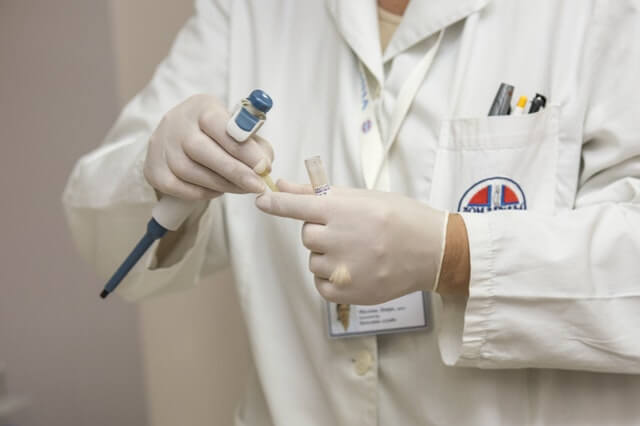Over the course of two days last month, nearly one hundred people overdosed in New Haven, Connecticut. You might think that the culprit was heroin or fentanyl, or even a contaminated batch of cocaine, but what they all overdosed on was actually synthetic cannabinoids. These overdoses are becoming increasingly common, but they can be difficult for even experts to identify and treat.
Synthetic cannabinoids, also called spice and K2, are human-made, mind-altering chemicals that can either be sprayed on dried, shredded plant material so they can be smoked or sold as liquids to be vaporized in e-cigarettes. Synthetic cannabinoids are called such because they are similar to chemicals found in marijuana. They’re often marketed – and believed by many – to be safer alternatives to marijuana, although this is not true.
A study by the University of Maryland’s Center for Substance Abuse Research (CESAR) looked at the difficulties in identifying these overdoses. Researchers examined the urine samples of patients who were suspected to have overdosed on synthetic cannabinoids at two different hospitals, the University of Maryland Medical Center Midtown Campus in Baltimore and the University of Maryland Prince George’s Hospital Center in Cheverly, a suburb of Washington, D.C. Doctors at these hospitals were struggling with a spike in overdoses that they thought were related to synthetic cannabinoids. The patients initially presented with breathing difficulties and constricted pupils, and doctors, unsure of the exact drugs that had been taken, dosed them with the opioid overdose-reversing drug naloxone. They initially responded well to the naloxone, but later required sedation for acute agitation, violence, and hyperactivity, none of which were related to opioid withdrawal.
The researchers expected that a large majority of the urine tests would come back positive for the presence of synthetic cannabinoids. They looked for 169 different drugs, including 26 metabolites (byproducts of metabolism) of synthetic cannabinoids and 59 designer drugs, and found nothing definitive. In fact, only one specimen tested positive for synthetic cannabinoids.
What’s the explanation? Street drugs are reformulated frequently, partly in order to avoid detection by law enforcement and partly in the never-ending hunt for more potent substances. It’s probable that the drugs the researchers were using to test against had already been “improved” upon. When the test was later expanded to 46 metabolites, only a quarter of the samples tested positive for synthetic cannabinoids. It turned out that marijuana was the most common drug detected. Between one fifth to one third tested positive for a new psychoactive substance, and two-thirds tested positive for multiple substances.
The researchers say this study highlights the need for improved drug testing for these new substances, which don’t show up on standard drug tests. Being able to determine exactly what a person has taken can help doctors know how to treat them and potentially save many lives.
If you or a loved one need help with quitting drugs or alcohol, consider Asana Recovery. We offer medical detox, along with both residential and outpatient programs, and you’ll be supervised by a highly trained staff of medical professionals, counselors, and therapists. Call us any time at (949) 438-4504 to get started.



